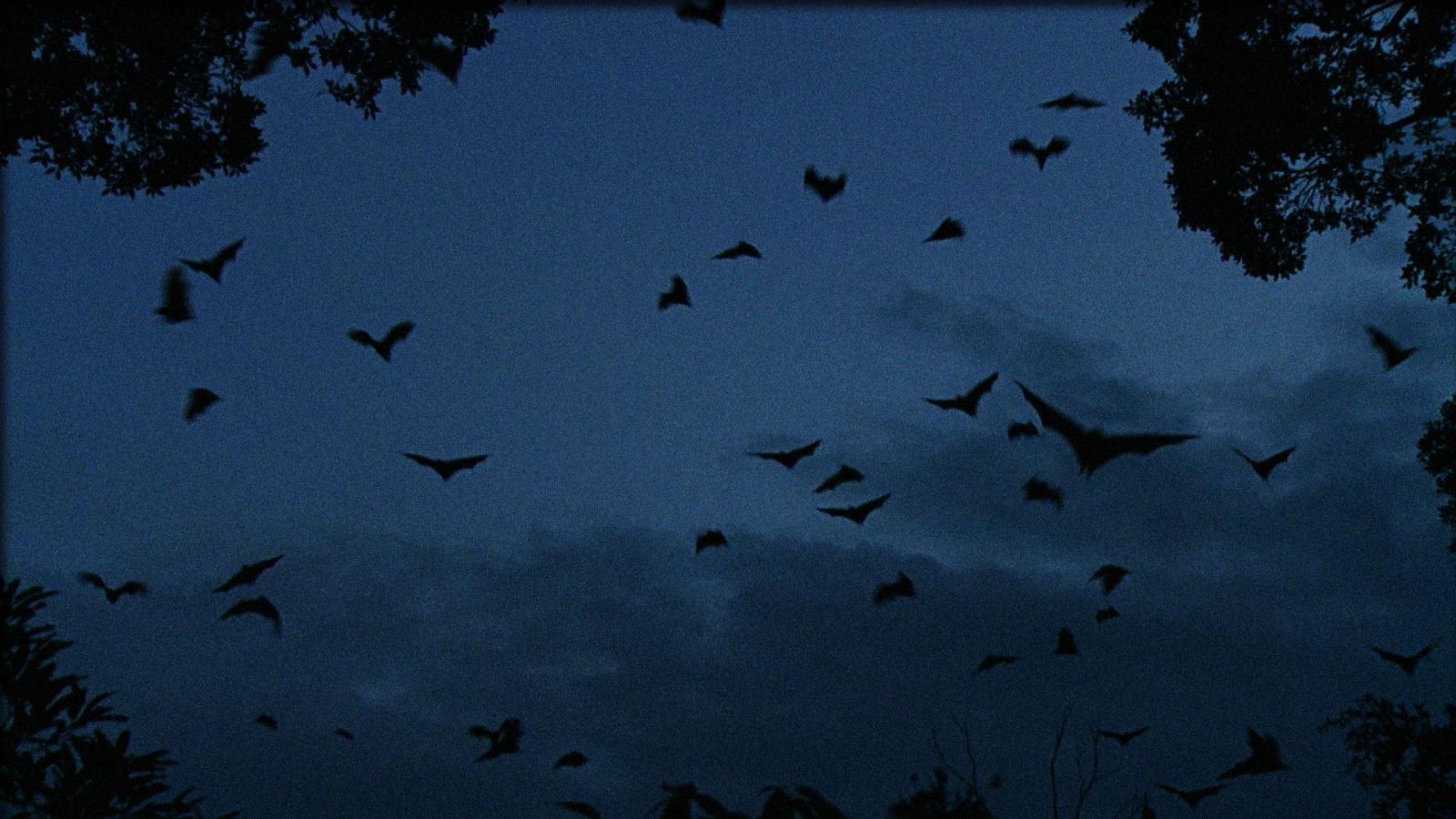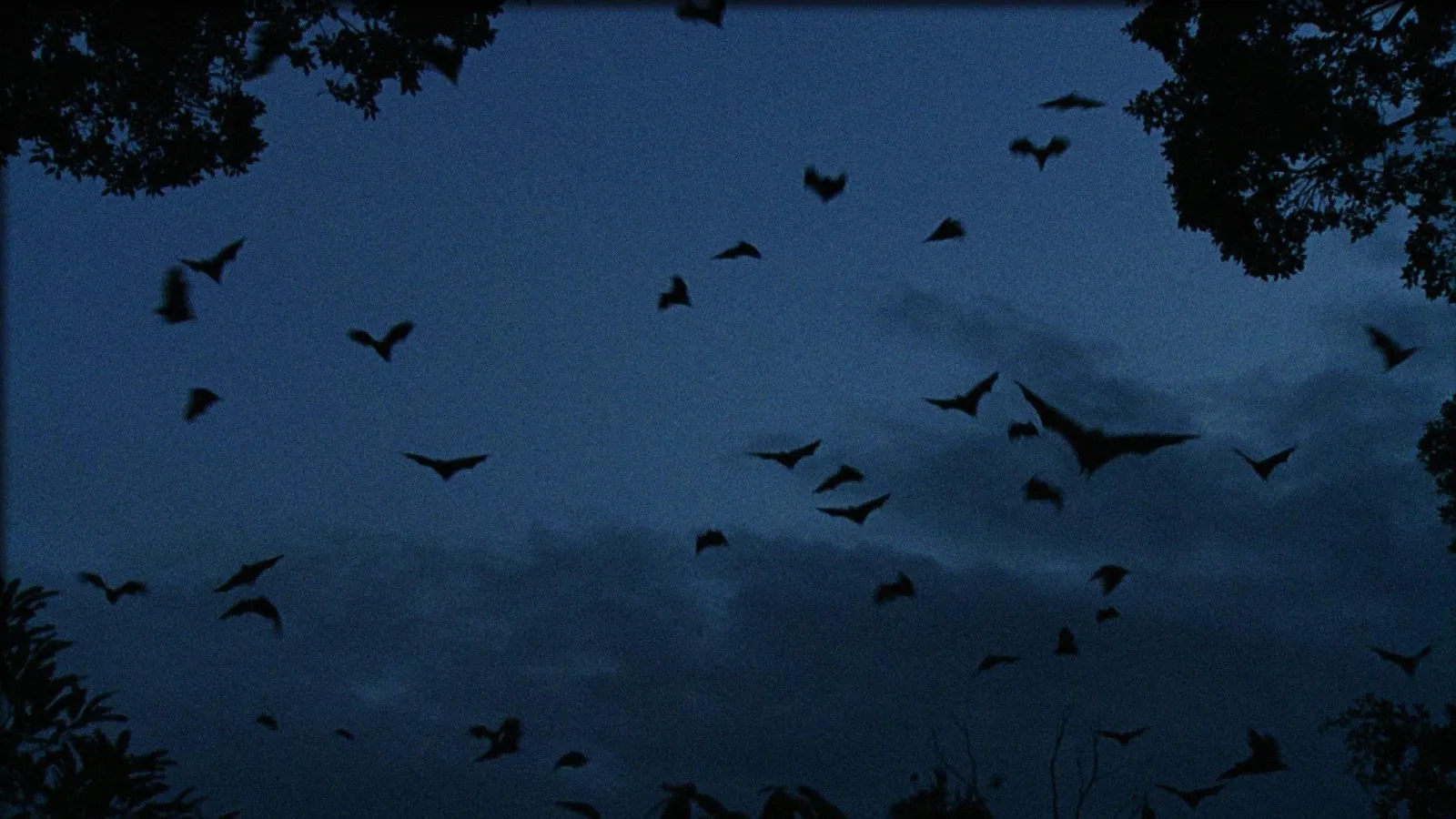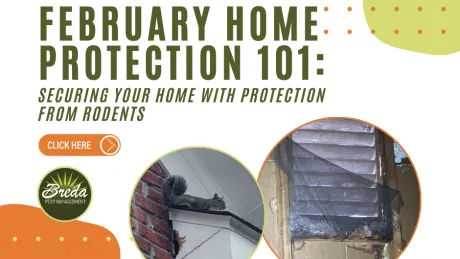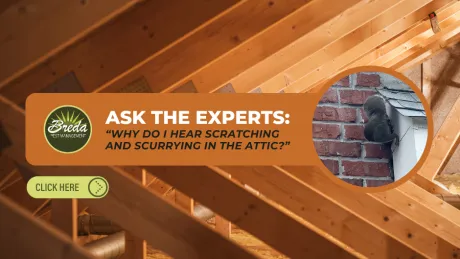Never seen a bat with your own two eyes? That's probably because they are nocturnal. Covered by the black cloak of night, bats provide a very important service to our ecosystem by feeding on insects like mosquitoes, and bugs that damage crops like certain moths and beetles.
There are over 1000 species of bats in the United States, and according to the Georgia Department of Natural Resources, Georgia is home to 16 of those species.

I've Never Encountered Bats Before⦠So Why Would I Now?
Unfortunately there is a housing crisis in the bat community, and they are desperately looking for a new place to stay.
Bats usually live in caves or hollow trees, but those habitats are harder to come by than they used to be as a response to industrialization. This means that bats are actively searching for similar conditions to live in, which can oftentimes be your attic.
How Do I Know if There Are Bats in My Attic?
An attic is usually used for storage, insulation, or ventilation; it is not a hotel for wildlife. These are some signs that you may have bats, or other wildlife, living in your attic:
You're Hearing Noises
The only noises you should be hearing from your attic are proper functioning of heating and air machines, and the natural fluctuation of the ductwork in your house as a response to changing temperatures throughout the day. Any scratching, banging, scurrying, or chirping is a tell-tale sign of wildlife living in the attic. Bats are known to communicate and search for food by making chirping sounds.
You're Seeing Things
If you notice any bats flying around in the early morning or late night, that means there are definitely bats in your area. If your attic is left vulnerable they could find their way inside and make a home there.
You're Finding Scratches, Stains, and Droppings
If your attic has been harboring bats, or other wildlife, you are likely to find the remains of their actions. Their droppings, or guano, will be littered all over and putting off a foul odor. Their scratching and scurrying is sure to leave marks in your home as well. They are also covered in a greasy coat that will leave grease stains around areas it touches in your home.
Can I Handle it Alone?
We never recommend handling wildlife on your own because they can be physically dangerous and hazardous to your health. If you corner or harass bats they might try to defend themselves and attack you.
According to the Centers for Disease Control and Prevention (CDC), bats have been known to carry many diseases from rabies, to ebola. Even their guano can contaminate soil, food, and the air causing allergic reactions or even a fungal infection called Histoplasmosis. If there is a lot of guano in your home rid of it with proper precautions and sanitize the area, and if you have been bitten by a bat you should immediately get tested for rabies.
If you only have one bat in your home, and you decide you want to handle it on your own, make sure you take the proper precautions and steps to avoid getting harmed.
Bats often live in colonies and will infest your house with hundreds of bats at a time. These infestations can be very dangerous to your health and your home's infrastructure. A bat infestation should be treated and dealt with immediately to prevent detrimental damage.
The Dos and Don'ts of Bat Removal
Dealing with a bat infestation is a serious issue and needs to be done properly. We always recommend contacting a pest management professional to assess the situation and treat it accordingly. You should expect your pest management professional to:
Do:
⢠Rid the premises of the live bats
⢠Seal off all entry points to ensure the bats do not return
⢠Clean up guano and other remains
⢠Sanitize and decontaminate the area
⢠Be licensed and certified to treat a bat infestation
Don't:
⢠Use poisons or fumigants to kill the bats
⢠Use traps to relocate the bats
⢠Remove bats during maternity season
⢠Handle them with bare hands
A trained and qualified professional will be able to get rid of the bats in your home, clean up their mess, and discourage them from coming back. Defending your home against bats can save your thousands of dollars in repairs and could even save your life.
Photo courtesy of PBS



